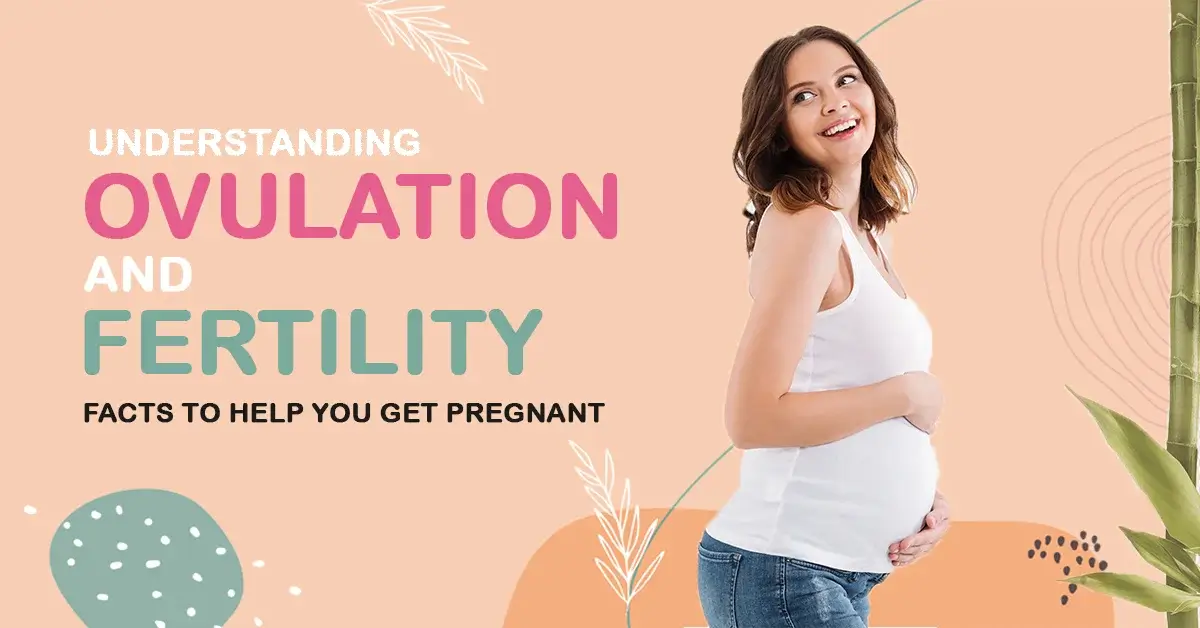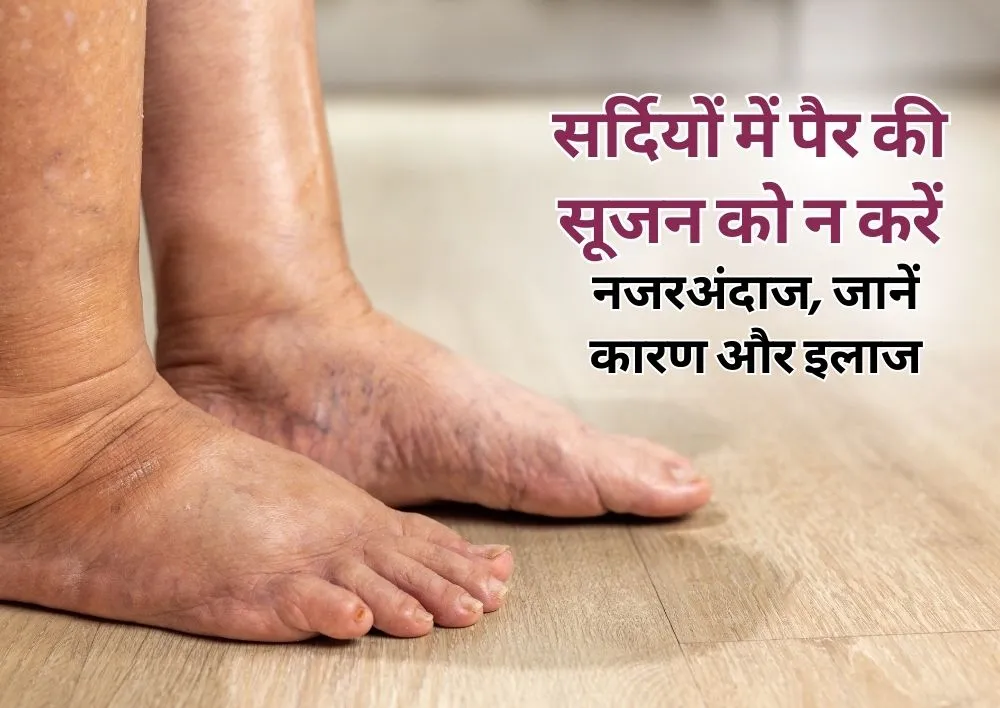Ovulation and Fertility: Things to know when trying to conceive
The 'fertile window,' is determined by how long the menstrual cycle lasts, and has a lot to do with conceiving. If you are undergoing any female infertility treatment, below are some facts about ovulation and fertility that might help you bring the good news home!
- Timing
If you have intercourse five days prior to ovulation or on the same day itself, your chances of getting pregnant is higher. The three days preceding and including ovulation are the most fertile and having intercourse during this period increases your chances of becoming pregnant. If you are unable to do so, it is best to consult the best IVF doctor in Gurgaon for other pregnancy options.
- Knowing your ovulation date
Understanding the time of your ovulation might help you time your intercourse and increase your chances of becoming pregnant. Knowing one’s dates can help a gynecologist plan the right female infertility treatment for a woman with infertility issues.
- Take account of your fertile days
When you engage in intercourse one to two days before ovulation, you have the highest chance of conceiving. To calculate it, start counting back 14 days from the start of your next period, if you have a 28-day cycle.
To sum up
When you are planning to have a baby, knowing about ovulation and fertility in the menstrual cycle will help you increase your chances of getting pregnant. If you are having trouble conceiving, Miracles Health suggests you consult the IVF doctor in Gurgaon.
FAQs
How is the ovulation cycle calculated?
The first day you start bleeding is the start of your cycle. The day before your next period begins is the last day of your cycle.
What is referred to as the fertile window?
The fertile window is the five days before and after an egg is discharged from the ovary, which is the beginning of the ovulation period.
What happens when I do not become pregnant?
If you do not become pregnant, your body reabsorbs the egg and the womb lining comes away, leaving your body as periods. It will generally occur after 10 to 16 days after an egg is released.















Was the information useful?
0 0